Flaunt Video Premiere | Moody Beach "Slave"
by Flaunt Magazine
Moody Beach wants you to know that she has autonomy, the means of documentation, and a voice to tie it all together. The Sydney-based songwriter is on the heels of releasing her sophomore EP, Mirage, this September, and Flaunt is lucky enough to serve up a sultry hors d’oeuvres in the form of a music video for the single, “Slave.” The song is a testament to Moody Beach’s, aka Melissah Marie’s, chameleonic dance between genres and sounds, touching upon synth pop, shoegaze, and electro. It’s nearly impossible not to tap your shoes or stay still; the metronomic beat pulses on, the keyboards shine with analog textures, and Moody Beach’s voice serenades, fittingly, with the allure of a Homeric seaside Siren. Flaunt caught up with the Australian musician who’s surely preparing to make an imprint.
You've said that you prefer to write songs rather than take pictures as a way to document your life. What is it about songwriting that triumphs over other artistic mediums for you?
As a person, I’m prone to retrospection, but you could say I was a ‘late bloomer’ when it comes to making music. I only got into seeing live music after high school which led to me picking up the bass a few years later. Before that, I kept journals, but songwriting has always been the most natural form of record keeping for me. It gives me the space to unpack my experiences and the freedom to reflect and express myself, untethered from more conventional mediums.
In what ways will your second EP, Mirage, document your growth both as a person and as a prevalent voice in the body positivity movement?
Viewed together, the EP forms a larger narrative with each track leading into the next. The songs have been my outlet: through relationships; relocating to Sydney; new beginnings; abrupt endings and so on. Through them, I try to explore the major themes of my experiences—control vs. agency, skin shedding, evolution of self and a reflection of future/past.
Mirage is, unashamedly, a mishmash of all the most intriguing themes and sounds I’ve discovered over the last 6 years. It’s now 2019, an age full of contradictions. We’re living in the MeToo era at the same time that politicians are rolling back a woman’s right to choose. It’s exhausting but it’s also nothing new.
Through the second EP, I challenge the notion of what a woman should look like and how she should behave. Small acts of rebellion which, I hope, connect with others and their experiences.
As in artist, why is it important for you to create content that could be considered "NSFW?” Is it simply for provocation or is there a bigger meaning behind it?
A woman’s body is a controversial subject—and it’s something I consciously tackle through the music I make, how I behave, and what I wear.
When I perform, I make a point to own my body and my space on stage. Moody Beach is an outlet for me, a way to challenge the perceptions of “female acceptability.” Sometimes that’s threatening for people. I’ve even been told it distracts from my music…Mate, I am my music! I get to decide what that looks like.
I’m over the burden of these inherited ideas of what a “woman” should be. It’s taken me a while to get here, but I hope to make a little space for other women-identifying and gender fluid people to feel free to do the same.
"Slave" is a pretty powerful word. Why did you choose that as a title for your first single from the EP?
Slave is a loaded term; in this context it refers to objectification, ownership and agency. The song is a tango of power and control. I chose it because I felt it was most true to the song’s intention, to convey the feeling of losing yourself to someone or something and the power dynamics and struggle of living in that space.
Through the clip, I explore what it means to be the dominant figure in a relationship vs. what that looks like traditionally. In classical art, women’s bodies are often presented where the subjects aren’t aware they’re on display. In “Slave,” we play with those ideas, but ultimately, I claim my agency—a privilege many aren’t often afforded.
What's the biggest thing that you want to see changed in the way that women in the music industry are perceived?
I hope to challenge people to confront their own ideas about sexual objectification, female agency in a modern world and the inherent privilege of deciding what is/is not obscene.
Photo by McLean Stephenson


